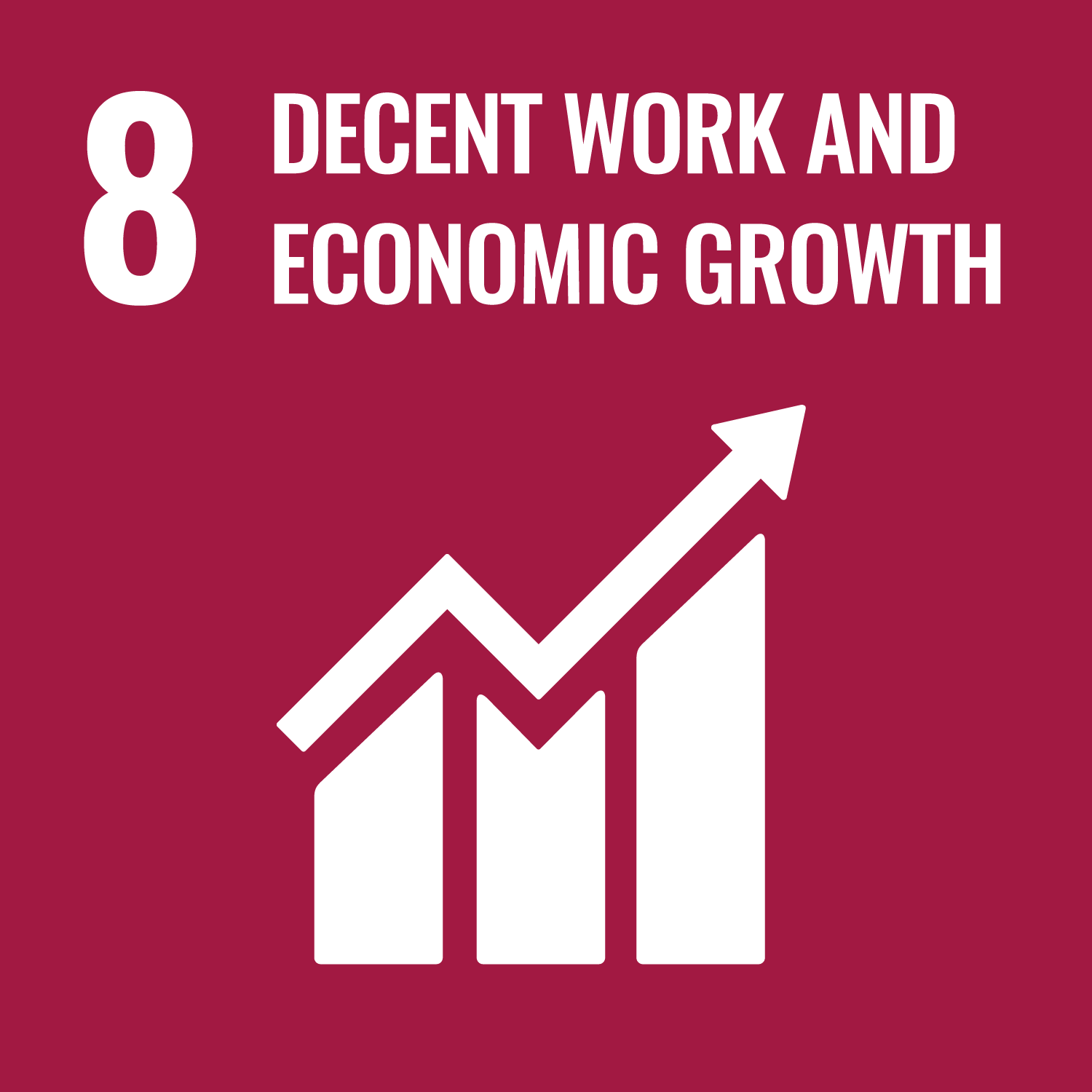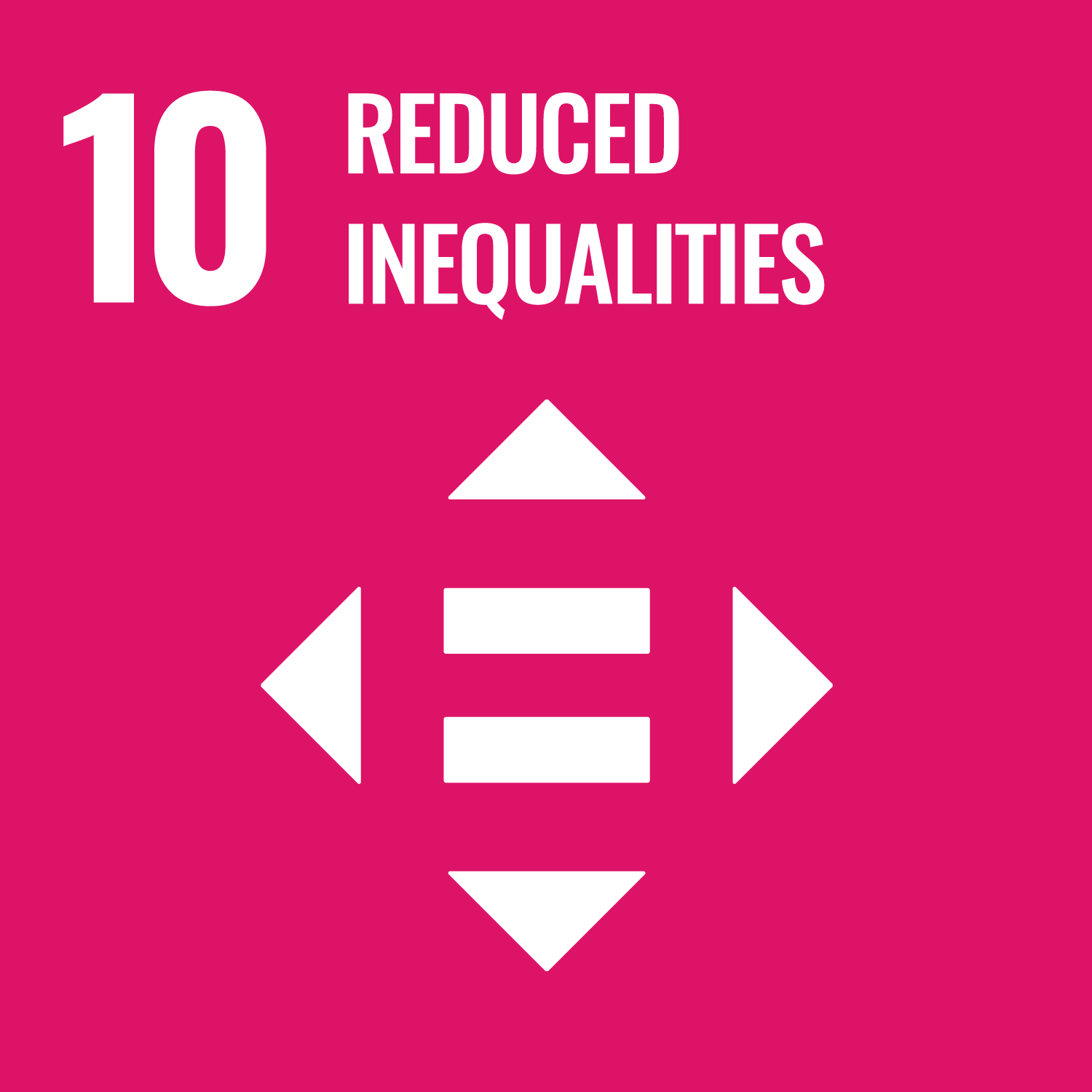ORCID
- Lijun Tang: 0000-0002-6815-0625
Abstract
During the shipping market boom in the 2000s, China adopted initiatives to expand its maritime education and training (MET) capacity, which significantly increased the supply of seafarer officers in the next few years. Drawing on multiple types of statistical information, including MET enrolments, seafarer numbers, seafarer wages, and labour market analyses, this paper examines the outcomes of the initiatives in the aftermath of the 2008 financial crisis and the COVID-19 outbreak. It shows that the financial crisis together with the expanded training capacity led to a serious oversupply problem, characterised by a lack of job opportunities, depressed wages, and slow career progression for junior officers. When the situation improved in 2017, however, a shortage of junior officers ensued, and their number plummeted quickly. The recent COVID-19 pandemic increased the demand for Chinese officers. Nevertheless, the decline in the number of 3rd officers continued. This paper discusses the causes and policy implications of the quick reverse from an oversupply to an acute shortage.
DOI Link
Publication Date
2022-08-31
Publication Title
Marine Policy
ISSN
1872-9460
Acceptance Date
2022-08-28
Deposit Date
2022-01-09
Embargo Period
2022-09-03
Recommended Citation
Tang, L. (2022) 'The impact of 2008 financial crisis and COVID-19 pandemic on the demand and supply of seafarer officers: evidence from China', Marine Policy, . Available at: 10.1016/j.marpol.2022.105263



